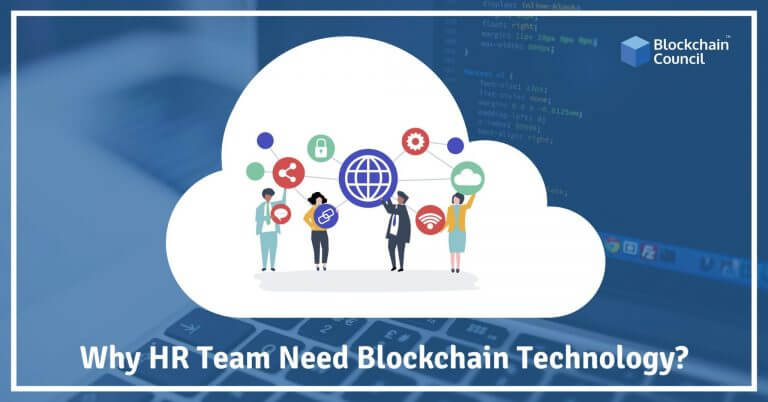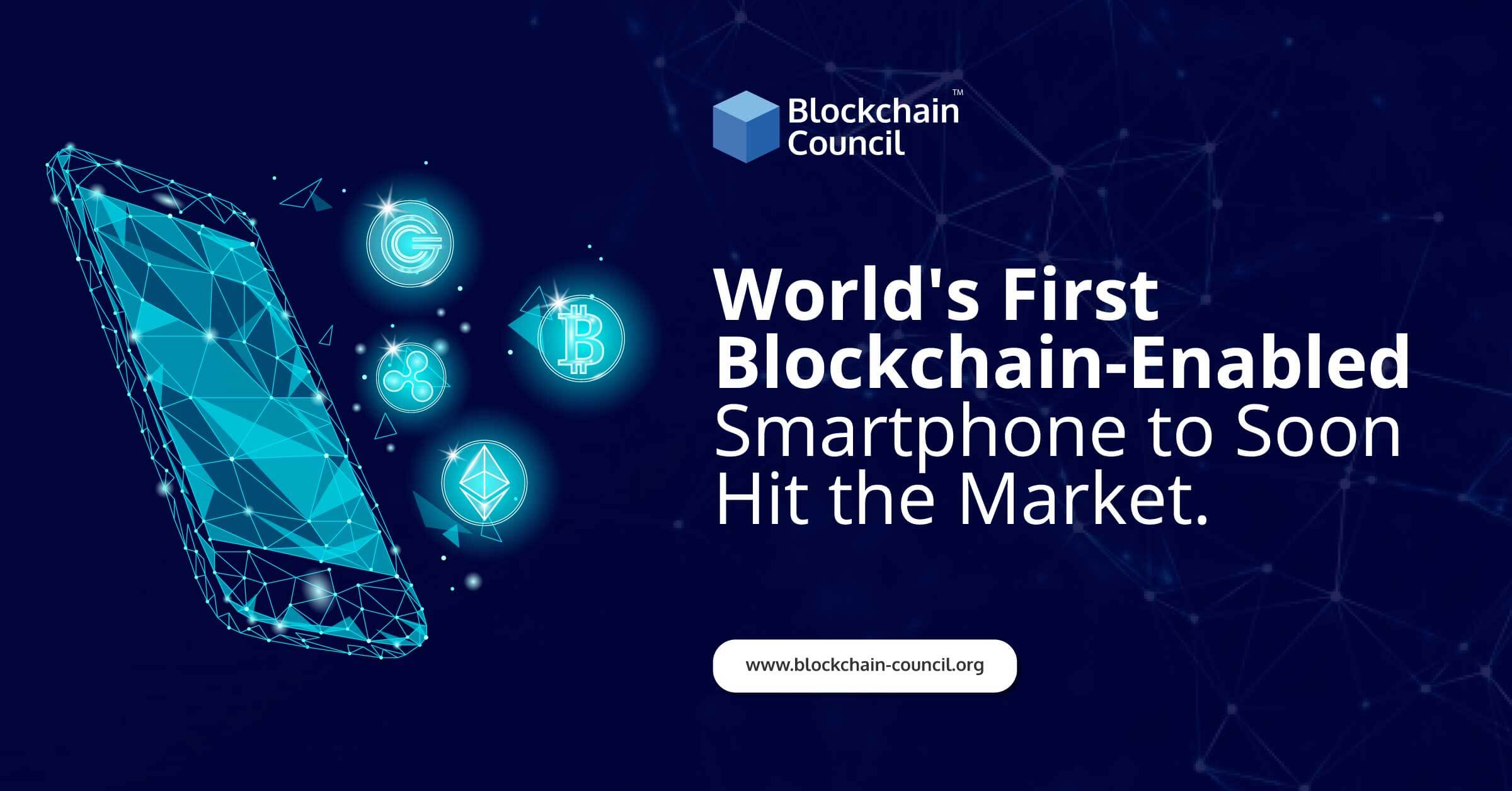
- Toshendra Kumar Sharma
- January 21, 2019
HR or human resources are the people who make up the workforce of an organization, or in a larger sense, the economy. With the current work climate, managing human resources efficiently is one of the biggest challenges of running a successful organization. Employees often switch from one company to the next in one or two years, and a good HR team is essential to their smooth integration. So how can blockchain help create tools that can help HR teams work even more efficiently? Here’s a look at some of the challenges faced by HR teams around the globe and what solutions blockchain have to offer.
Problems in HR Management
PwC is one of the leading consulting firms in the world which recently conducted a landmark study examining the role of blockchain in HR management. The report’s key findings were that current HR processes are too slow, cumbersome, labor-intensive and expensive due to the need for external data collection and third-party verification. Businesses can save both time and money if a lot of these processes could be automated using blockchain and smart contracts. PwC recommends that businesses should focus on their needs regarding HR instead of focusing on what blockchain can offer them. One of the most exciting features of new blockchain platforms is the smart contract functionality which can allow for computer code to be executed in a decentralized manner. Smart contracts are a game changer when it comes to intellectual property management on a worldwide stage because they can automate everything from tracking consumption to royalties and payments for the content creators and also get rid of any intermediaries that don’t add any value to the ecosystem. Smart contracts allow for profits to be shared in a very open and transparent way as every party involved knows when they are getting paid, under which circumstances and how much.
According to PwC, blockchain can take out significant overheads from the process of verifying the academic qualifications including certifications and degrees of potential candidates using a shared ledger of credentials. Companies should band together to form an interoperable ledger which could track candidates across companies and give them a comprehensive, trustworthy blockchain-based record of their education, skills, training and workplace performance. This helps both the businesses and the employees in the long run. Businesses get access to an authentic ledger of credentials and employees to get a “value passport” where they can store their skills and achievements forever in the job market. This would be especially beneficial for small and medium companies which do not have enough resources to hire candidates that are further away from them, but who may be a good fit for the company.
In addition to the study by PwC, Deloitte has also conducted an extensive study to see how blockchain can improve the exchange of information which forms the framework for the employer-employee relationship. Unlike sending out payroll domestically through a bank, sending payments overseas is quite expensive for businesses and is also a very slow process due to multiple intermediary banks and third parties. The report’s findings claim that a number of tedious tasks like VAT administration, cross border payments, international expenses and tax liabilities could also be significantly simplified using blockchain. PwC suggests that corporations can create their own corporate currencies which can reduce the fees charged by intermediaries in all of these processes and also simplify global trade in the process. Additionally, blockchain could also help in fraud prevention and cybersecurity in HR because of the immutable ledger and help save companies a lot of money in lawsuits for dealing with the aftermath of security breaches. Lack of transparency is one of the leading causes of cyber attacks and blockchain can be very useful in this regard as vulnerabilities of an open ledger are easier to spot and fix.





































































 Guides
Guides News
News Blockchain
Blockchain Cryptocurrency
& Digital Assets
Cryptocurrency
& Digital Assets Web3
Web3 Metaverse & NFTs
Metaverse & NFTs
